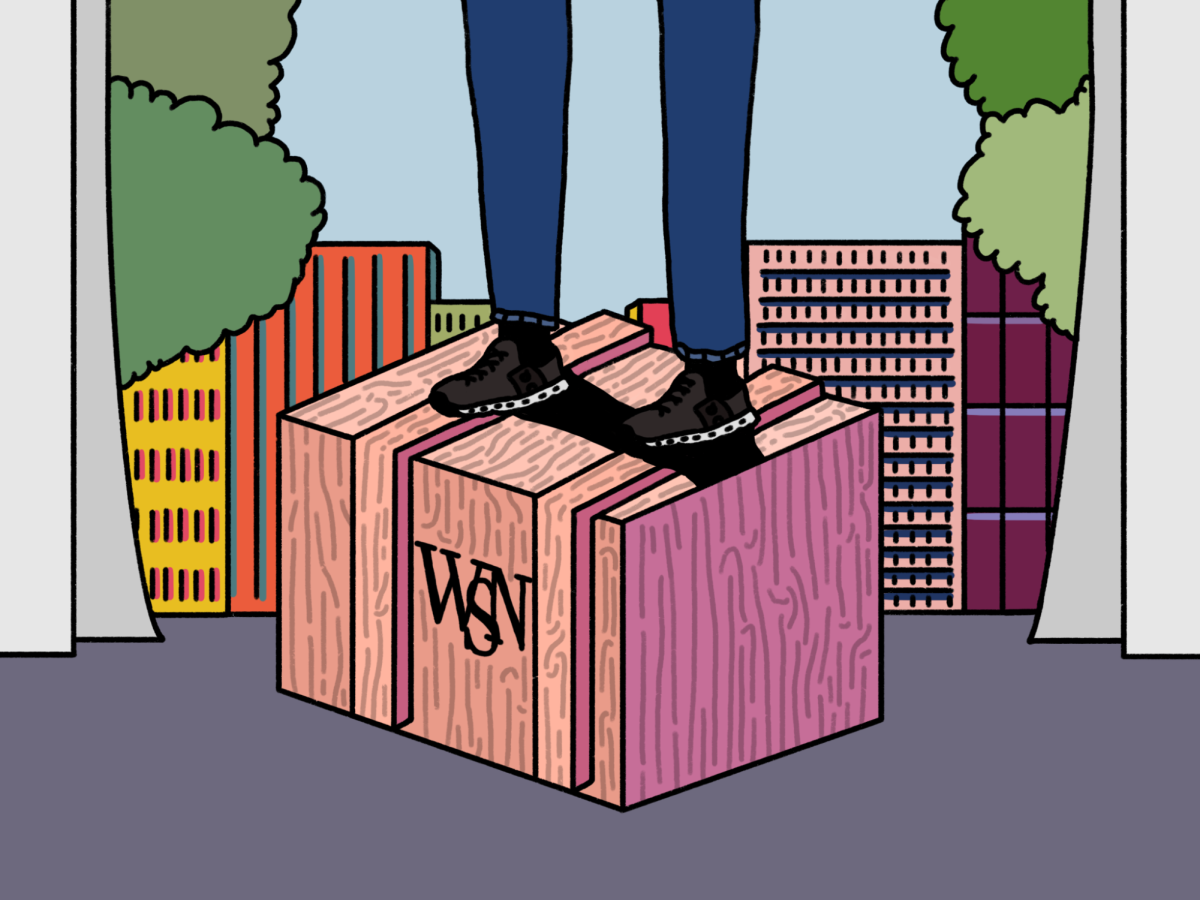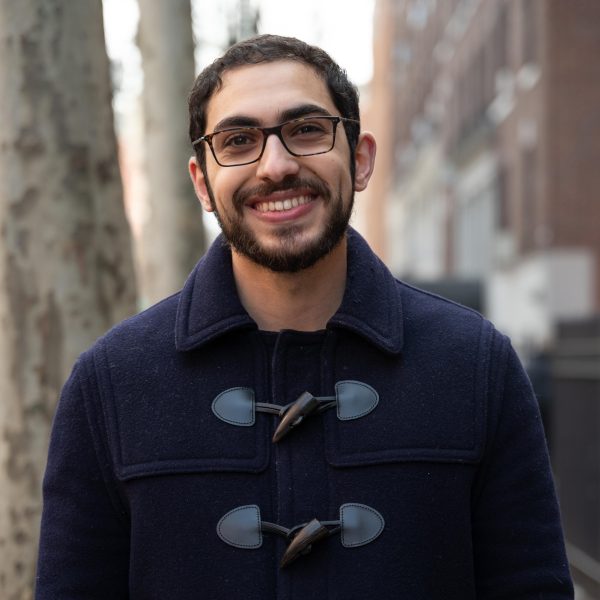In Italy, police arrest mafia suspects over yearslong EU subsidies fraud
Italian police arrested 37 suspects in Messina, Sicily — some of whom are alleged members of the mafia — following a large-scale fraud of European Union agricultural subsidies on Wednesday.
In a previous investigation of the crime in November 2022, a court in Sicily convicted 91 people for fraudulently receiving around 5 million euros in subsidies for grazing land on the Italian island — including funds for thousands of hectares of farmland that were either stolen from farmers or owned by the Italian government. The latest investigation, which opened last year, found that more than 150 companies had been involved in the fraud, according to a Feb. 7 report from The Guardian.
Investigators reportedly relied on three testimonies from people tied to the Batanesi crime family, one of the oldest mafia groups on the island. Batanesi, Bontempo Scavo and Tortorici clan members were among the 37 arrested in Sicily, with the charges including “criminal association, extortion, fraudulent transfer of assets, fraud against the state, money laundering and self-laundering and attempted private violence.”
In the 2022 investigation, two gang leaders involved in the plan were sentenced to 30 years and 23 years in prison, with the verdicts and sentences taking “more than an hour to read out,” according to a Politico report. Maurizio De Lucia, the chief prosecutor of Sicily’s capital, Palermo, said the 2022 trial demonstrated that the modern mafia “has shifted from extortion and drugs to more sophisticated forms of revenue,” including the usage of fraud to gain public funds for agricultural development.
The original investigation file for the case had cited that one phone call from an organized crime boss “was enough to prompt a farmer to give up his land,” according to The Guardian.
“The boss just needed to call over the phone a farmer to steal his land,” the file read. “Often, feared by the mere name of the mobster, the farmer gave up his land without even trying to rebel, for fear of retaliation.”
In Spain and France, farmers block roads in protest of high costs, foreign competition
Thousands of tractors blocked roads across Spain in response to farmers’ demands for lower costs of agricultural subsidies, tighter controls on produce from non-EU countries and more help from the government. The European Parliament addressed these issues in a debate on Wednesday.
Spanish farmers took to the streets in northern Spain, driving tractors, honking horns and waving Spanish flags. Farmers also protested in Catalonia, southern Andalusia and Extremadura, arguing that the EU’s agricultural regulations, including high fuel and energy costs, make it difficult for them to make a sustainable living. The farmers plan to hold a larger demonstration in Madrid later in the month.
Spanish prime minister Pedro Sánchez defended the government’s farming policies and agricultural regulations, saying the mass demonstrations and protests are “like methanol — colourless, highly flammable and very toxic.” Spain’s conservative Popular Party accused Sánchez of prioritizing “environmental dogmatism” instead of farmers’ needs, according to The Guardian.
“The costs, when it comes to producing wheat and barley, are very high,” a cereal farmer protesting in Aranda de Duero told the BBC. “You’ve got to pay for fertiliser, pesticides, fuel — it’s killing us. We have to pay very high prices and yet we sell at low prices.”
Farmers in other European countries like Germany and Belgium have shared similar sentiments. In France, farmer unions recently halted a massive protest in which they blocked traffic with their tractors and dumped manure and rotting produce on the doorsteps of government buildings.
Demonstrators claimed they could no longer “earn a living due to cheap imports, a lack of subsidies and increased production costs,” according to Vox. After the protest ended, Gabriel Attal, France’s prime minister, announced a series of concessions, including an agreement to not import agricultural products using pesticides that are outlawed in the European Union. The concessions will also implement new financial subsidies and tax breaks.
Despite this deal, many French farmers seem to doubt the positive effects Attal’s concessions will have on EU politics and agricultural regulations. Damien Radet, a protesting farmer, stationed himself at a highway roadblock outside Paris, demanding a “stop and reversal” of EU regulations and protection against foreign competition.
“We need more consideration from the state for those who work to feed us,” Radet told Politico.
Contact Yezen Saadah at [email protected].
























































































































































